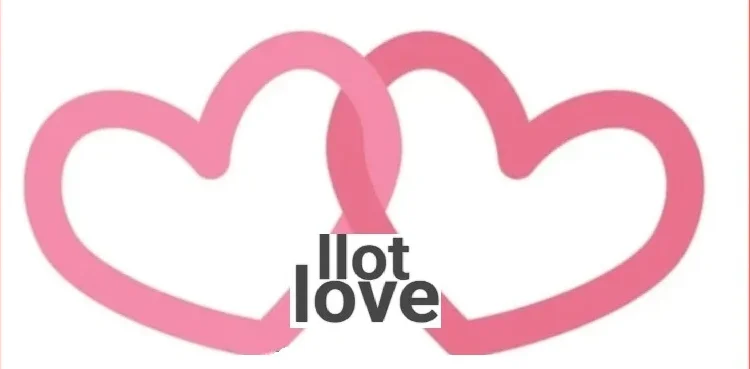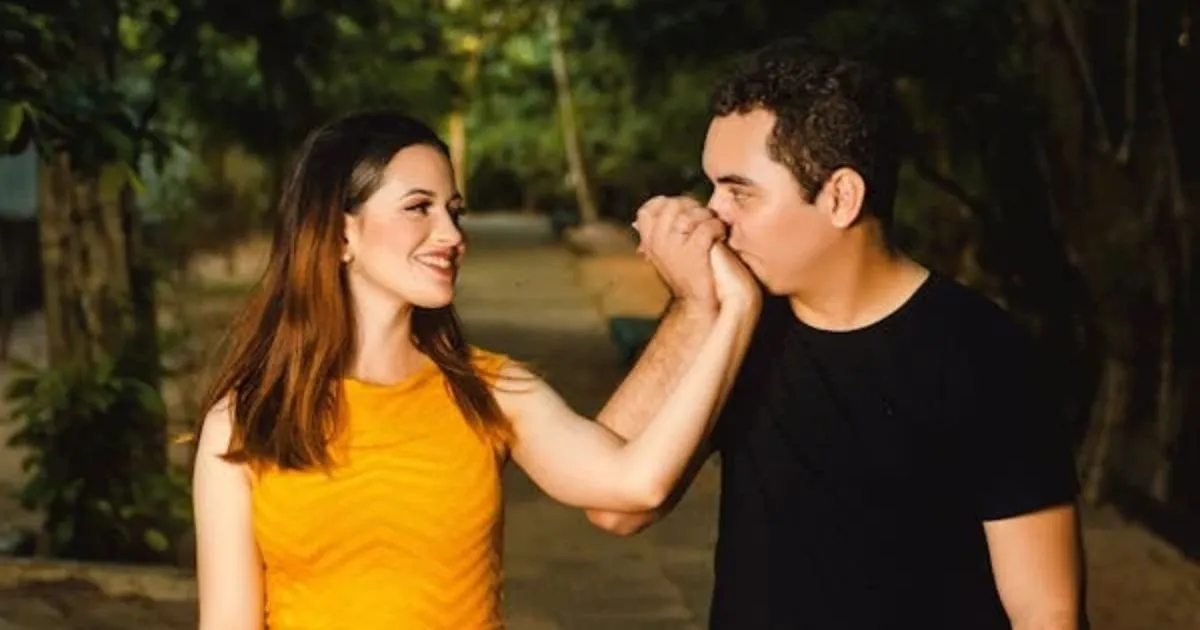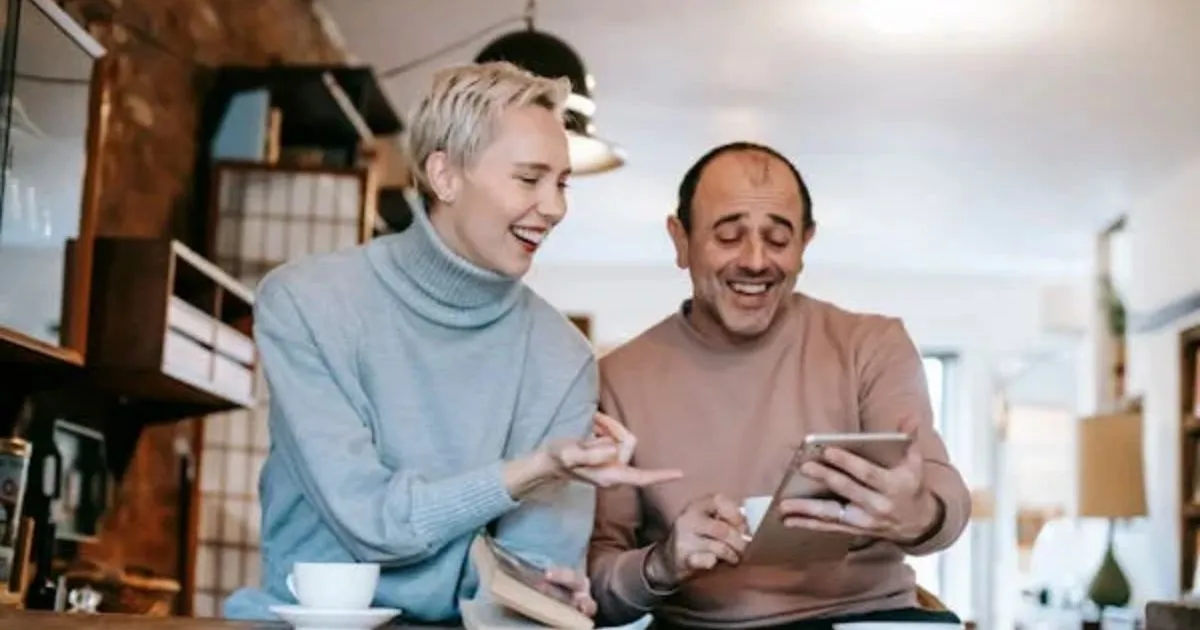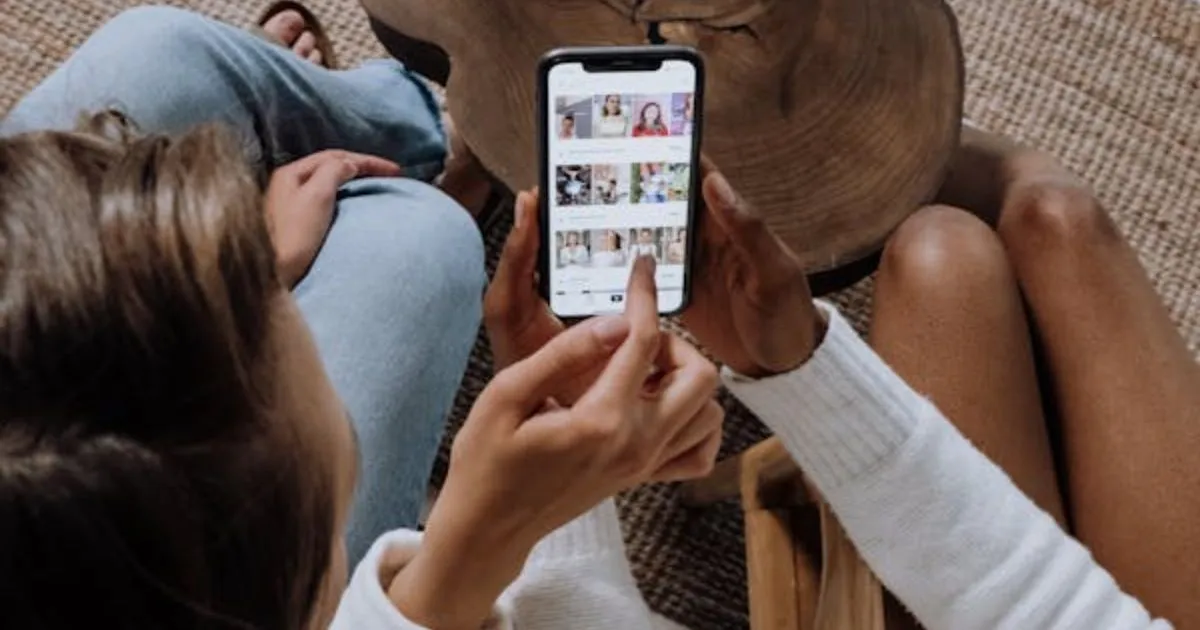
In the age of likes, hearts, and follow requests, relationships aren’t just tested in real life—they’re tested online. Social media has become an unspoken part of how couples communicate, connect, and sometimes, miscommunicate. For newlyweds or even long-time partners, one recurring question causes friction more often than you’d expect: Should brides accept that their husbands or partners have female friends on social media?
It’s a complicated topic, especially when online culture is constantly reminding us of perfection. With filtered beauty, viral trends, and the presence of the actresses who seduce all men splashing across news feeds and screens, it’s understandable that insecurities arise. Suddenly, a harmless follow or a friendly like can feel threatening.
But the key isn’t to fear digital interactions—it’s to create real-world trust and communication that stands stronger than the occasional “heart” emoji.
Why Social Media Friendship Feels So Personal
For many women, watching their partner engage with other women online can trigger discomfort. It’s not necessarily about jealousy or possessiveness. It’s often about transparency, safety, and emotional intimacy. After all, when someone you love interacts consistently with another woman—especially one you don’t know—it can naturally spark questions.
Is he emotionally invested elsewhere?
Does he respect our relationship enough to be open?
Would I be okay if the roles were reversed?
These are valid concerns. The emotional impact of a partner’s social media behavior is real—even if society downplays it.
What’s Friendly, and What Crosses the Line?
Every relationship is different. Some couples are perfectly fine with casual online friendships, while others prefer tighter boundaries. The issue often isn’t the friend itself—it’s how your partner behaves. There’s a big difference between liking a graduation photo and commenting on a bikini shot at 2 AM.
If your partner is regularly commenting with flirtatious emojis, hiding messages, or engaging in private conversations he doesn’t tell you about, then the friendship might be crossing into questionable territory.
On the other hand, if the woman is an old college friend, a coworker, or someone you’ve met and trust, the concern may be less about the friend—and more about how secure you feel in the relationship.
The Importance of Emotional Safety
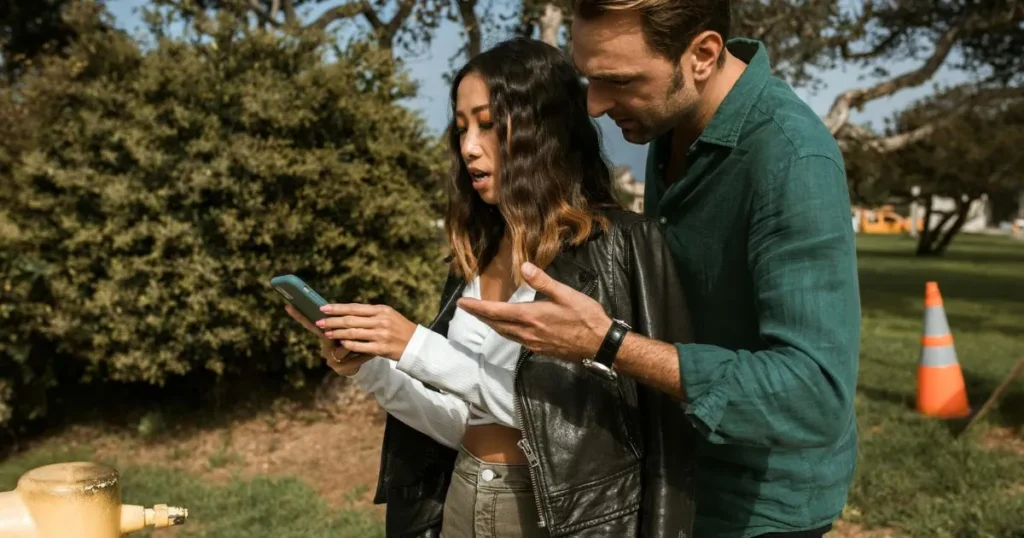
related : 5 Steps to Getting Out and Letting Go of a Toxic Relationship
Feeling emotionally safe is essential in any relationship. That includes knowing your partner respects your comfort zones. If a friend request makes you uncomfortable, you have every right to talk about it.
That doesn’t mean demanding or accusing. It means saying something like:
“I know it might sound silly, but I felt uneasy seeing that interaction. Can we talk about it?”
Open-ended and gentle, this kind of conversation invites honesty without defensiveness.
The goal isn’t control. The goal is shared clarity about what’s acceptable—and what’s not.
Digital Boundaries: What Are They and Why Do They Matter?
Think of digital boundaries as the same as real-life boundaries—only online. They help protect your relationship from miscommunication and assumptions. Many couples find peace when they agree on simple standards like:
- Being transparent about who they talk to
- Avoiding interactions that could be misunderstood
- Not deleting messages or hiding notifications
- Reassuring each other without being asked
If these sound like common sense, that’s because they are. But in the absence of discussion, assumptions are often made—and that’s when feelings get hurt.
Boundaries aren’t rules. They’re agreements. And the stronger your agreement, the stronger your trust.
What If the Friend Is Someone From the Past?
This is where things can get more sensitive. If your partner suddenly adds an ex, a former crush, or someone they’ve previously been emotionally close with, it’s natural to feel unsure. In this case, you’re not being unreasonable for asking questions. In fact, open discussion is essential.
The best approach is to stay calm and direct. Ask your partner what the nature of the connection is. Is it professional? Are they catching up? Or is it a friend they simply forgot to unfriend years ago?
If their response is dismissive or secretive, it’s okay to ask for reassurance. Remember, love thrives on honesty. A healthy partner will listen and adjust, not gaslight you into feeling crazy.
When You’re the One Feeling Insecure
Sometimes, it’s not even about what your partner is doing—it’s about how you’re feeling. Maybe a past relationship left you anxious. Maybe you compare yourself to the actresses who seduce all men on social media, wondering why you don’t look like that or get as much attention.
Pause. Breathe. And remember: real love doesn’t depend on looks, likes, or lust.
It depends on respect, presence, and emotional support. If you’re feeling insecure, share that with your partner. A simple:
“I’ve been struggling a little with my self-esteem lately. Can you remind me how you feel about me?”
goes a long way in reconnecting emotionally.
Healthy Communication Is the Key
Every couple will have disagreements. What sets successful couples apart is how they communicate through them. If social media friendships are causing tension, don’t sweep it under the rug.
Instead, make it a conversation you return to regularly. Create space for both of you to express yourselves without fear of judgment.
It’s okay to say, “This makes me uncomfortable.”
It’s okay to say, “I want to understand your point of view.”
It’s okay to say, “Let’s figure out what works for both of us.”
With compassion and patience, these conversations build deeper intimacy.
When Social Media Becomes a Real Threat
In some cases, your gut may be telling you something deeper is going on. If your partner becomes overly defensive, hides their activity, or frequently interacts with women in secret, it’s time to evaluate what’s really happening.
That doesn’t automatically mean cheating—but it may mean emotional dishonesty. And that’s just as damaging.
Don’t ignore red flags. Talk to a trusted friend, therapist, or coach. Sometimes having an outside perspective helps you see the situation more clearly.
Love Isn’t About Policing—It’s About Protecting

Too many people confuse trust with naivety. Setting boundaries doesn’t mean you’re insecure—it means you value your relationship enough to protect it. You’re not trying to “police” your partner. You’re trying to protect what you’re building together.
You have the right to ask questions. You have the right to feel safe. And your partner has the right to have friends—as long as those friendships don’t undermine your bond.
When Trust Is Strong, Friendships Don’t Feel Like Threats
When a relationship is built on openness and mutual respect, a friend request or a like won’t trigger alarm. That’s because both partners know where they stand.
If you’re currently struggling with social media tension, use this moment to open a heart-to-heart conversation. Reassess your values. Strengthen your emotional connection. And remember, social media doesn’t define your relationship—you do.
